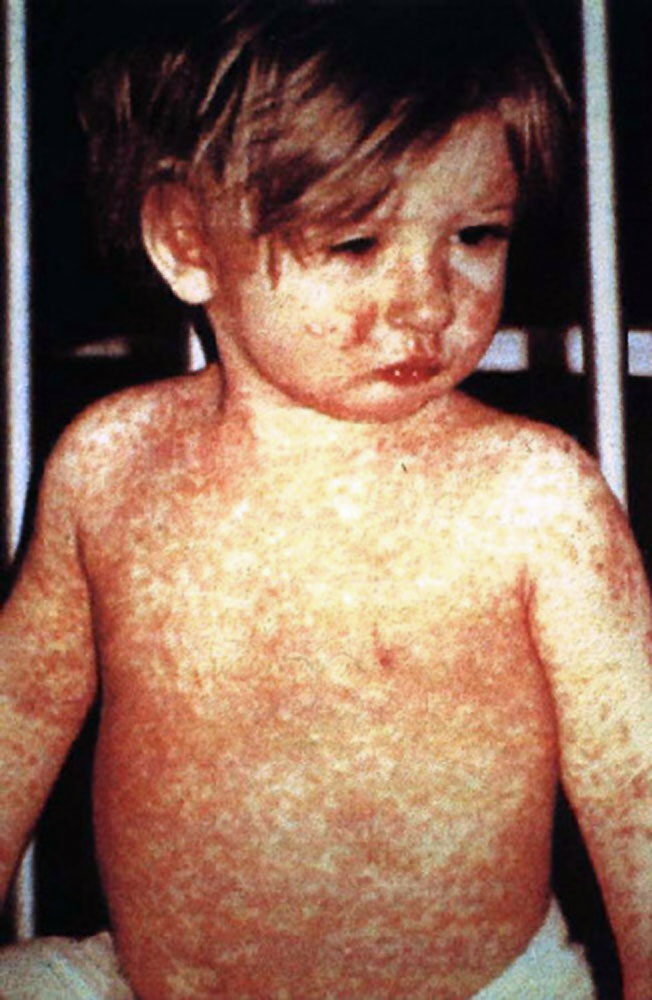UK Ministers Propose Cancer Warnings on Alcohol Bottles to Combat Health Costs

In a significant move aimed at addressing the public health crisis associated with alcohol consumption, UK ministers are contemplating the introduction of cancer warnings on alcohol bottles. This proposal is part of a broader strategy by the National Health Service (NHS) to mitigate the staggering £27.4 billion annual cost of alcohol-related harm to the economy and public services.
The discussion comes amidst rising concerns regarding the health implications of alcohol use. According to a report by the Office for National Statistics (ONS), in 2022, alcohol-related deaths in the UK reached their highest level since records began, with 9,641 fatalities attributed to alcohol consumption (ONS, 2023). The proposed cancer warnings aim to inform consumers of the potential risks associated with alcohol consumption, particularly the heightened risk of developing various forms of cancer.
The NHS has been grappling with the economic burden of alcohol-related health issues, which include not only direct medical costs but also lost productivity and social services expenditures. Dr. Emily Carter, a public health expert at the University of London, emphasized the necessity of such initiatives, stating, "The evidence is clear; alcohol consumption is a significant risk factor for several cancers. By implementing warning labels, we can enhance public awareness and potentially reduce consumption."
The initiative is also supported by public health organizations, including Cancer Research UK, which advocates for measures that inform the public about the health risks of alcohol. According to a 2023 report by Cancer Research UK, up to 13,000 cancer cases in the UK each year are linked to alcohol consumption (Cancer Research UK, 2023). The organization has long called for stronger regulations to promote healthier choices among the population.
Despite the apparent support from health advocates, the proposal has faced criticism from the alcohol industry. Paul Smith, Chief Executive Officer of the British Beer and Pub Association, expressed concerns regarding the potential economic repercussions, stating, "While we understand the need for health warnings, we believe that education and responsible drinking campaigns are more effective than labeling. Such measures could unfairly stigmatize consumers and impact small businesses."
In addition to the economic debate, the cultural implications of this initiative cannot be overlooked. Alcohol consumption is deeply embedded in social norms across the UK, often associated with celebrations and social interactions. Dr. Sarah Johnson, a sociologist at the University of Manchester, noted, "Changing perceptions around alcohol will take time. Warning labels may help, but we also need comprehensive education programs that address societal attitudes towards drinking."
As discussions continue, the government plans to consult with various stakeholders, including health professionals, industry representatives, and public health advocates. The outcome of these consultations will significantly influence the final decision on whether to implement the proposed warnings.
The implications of this initiative extend beyond health concerns, touching on economic, social, and cultural dimensions of alcohol consumption in the UK. If approved, the warnings could set a precedent for similar measures in other countries, particularly those struggling with the health impacts of alcohol.
In conclusion, the proposed cancer warnings on alcohol bottles represent a crucial step towards addressing the public health crisis posed by alcohol consumption. By raising awareness of the associated risks, the UK government hopes to mitigate the extensive economic burden of alcohol-related harm while fostering a healthier society. The coming months will be pivotal in determining the feasibility and effectiveness of this initiative, as stakeholders engage in dialogue aimed at balancing public health goals with economic considerations.
Advertisement
Tags
Advertisement





